AeroGenie — Ваш интеллектуальный второй пилот.
В тренде
Categories
Boeing Cites Supply Chain Issues in Lowered Aviation Forecast
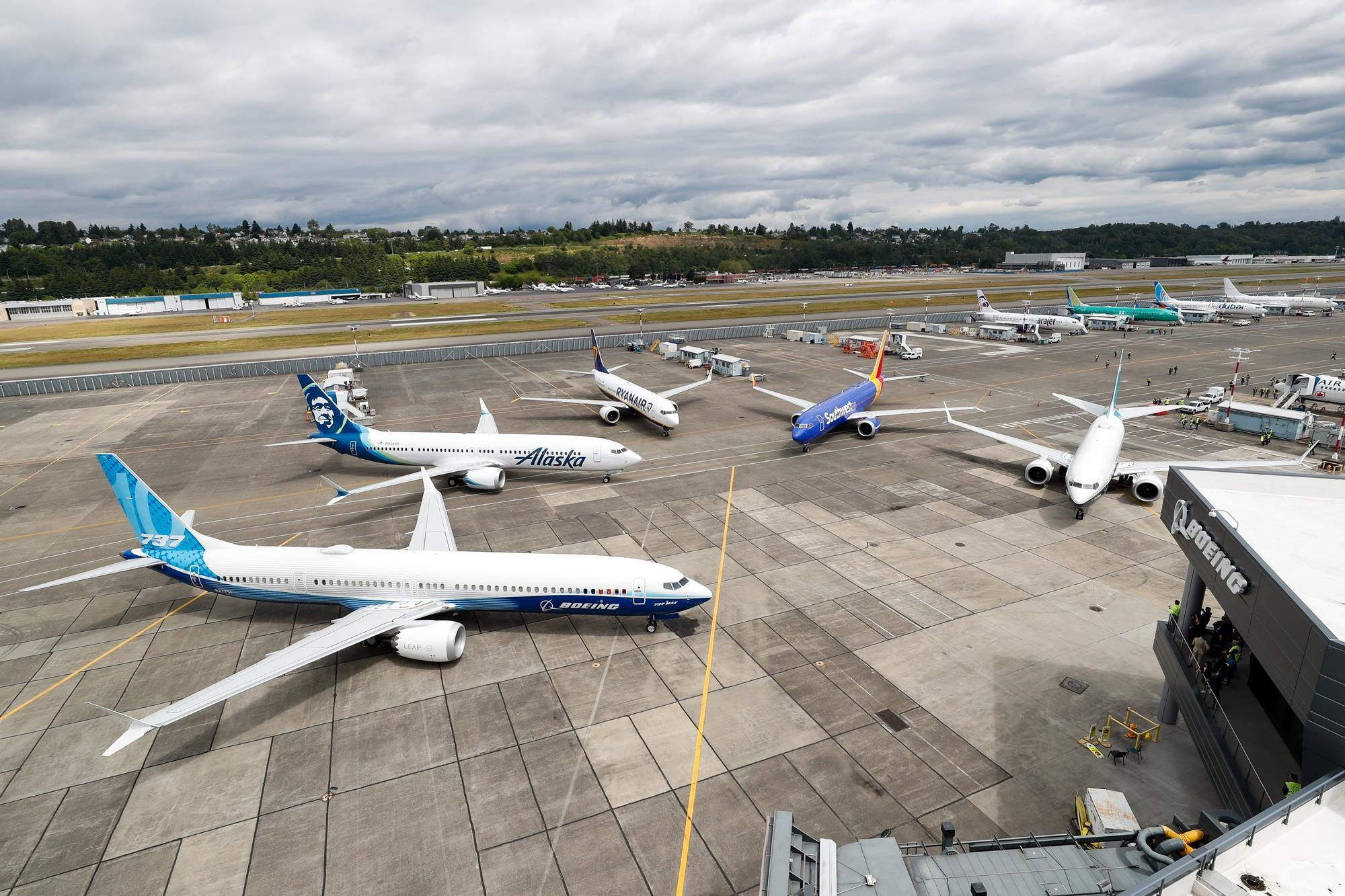
Boeing Cites Supply Chain Issues in Lowered Aviation Forecast
Supply Chain Disruptions and Economic Pressures
Boeing has revised its aviation forecast downward, attributing the adjustment to persistent supply chain disruptions that continue to challenge the airline industry. The aerospace manufacturer highlighted escalating operational costs, ongoing bottlenecks in supply chains, and rising inflation as significant pressures affecting both aircraft producers and airlines. These difficulties are unfolding against a backdrop of broader economic instability, compelling companies throughout the sector to reassess production strategies and intensify efforts to manage costs effectively.
Industry-Wide Impact and Strategic Responses
The repercussions of these challenges are being felt across the aviation industry. Airlines and manufacturers are struggling to fulfill existing backlogs, with some scaling back investments in sustainable aviation initiatives due to funding constraints and uncertain market conditions. This retrenchment poses potential long-term risks to the sector’s ambitions to reduce emissions and advance greener technologies.
In response, competitors are adjusting their operations by modifying production schedules, seeking alternative suppliers, and renegotiating contracts to control expenses. Despite the high pressure to deliver aircraft on time, ongoing supply chain constraints have complicated efforts to maintain schedules and meet customer demand.
Boeing’s Outlook and Sector-Wide Challenges
Boeing’s revised forecast reflects a cautious stance as the company contends with these headwinds. While demand for air travel remains robust, the ability to fulfill orders is hindered by shortages of critical components and labor. These challenges are not unique to Boeing; the entire aviation sector is grappling with similar issues, prompting a reassessment of growth projections and investment priorities.
Industry analysts suggest that the current environment may accelerate consolidation and foster innovation in supply chain management. However, the immediate priority for many companies remains stabilizing operations and ensuring financial resilience amid ongoing uncertainty.
As the aviation industry adapts to these pressures, the pace of recovery and future growth will largely depend on the resolution of supply chain disruptions and the stabilization of economic conditions. Boeing’s lowered forecast underscores the complex challenges confronting the sector as it seeks to recover from recent upheavals.
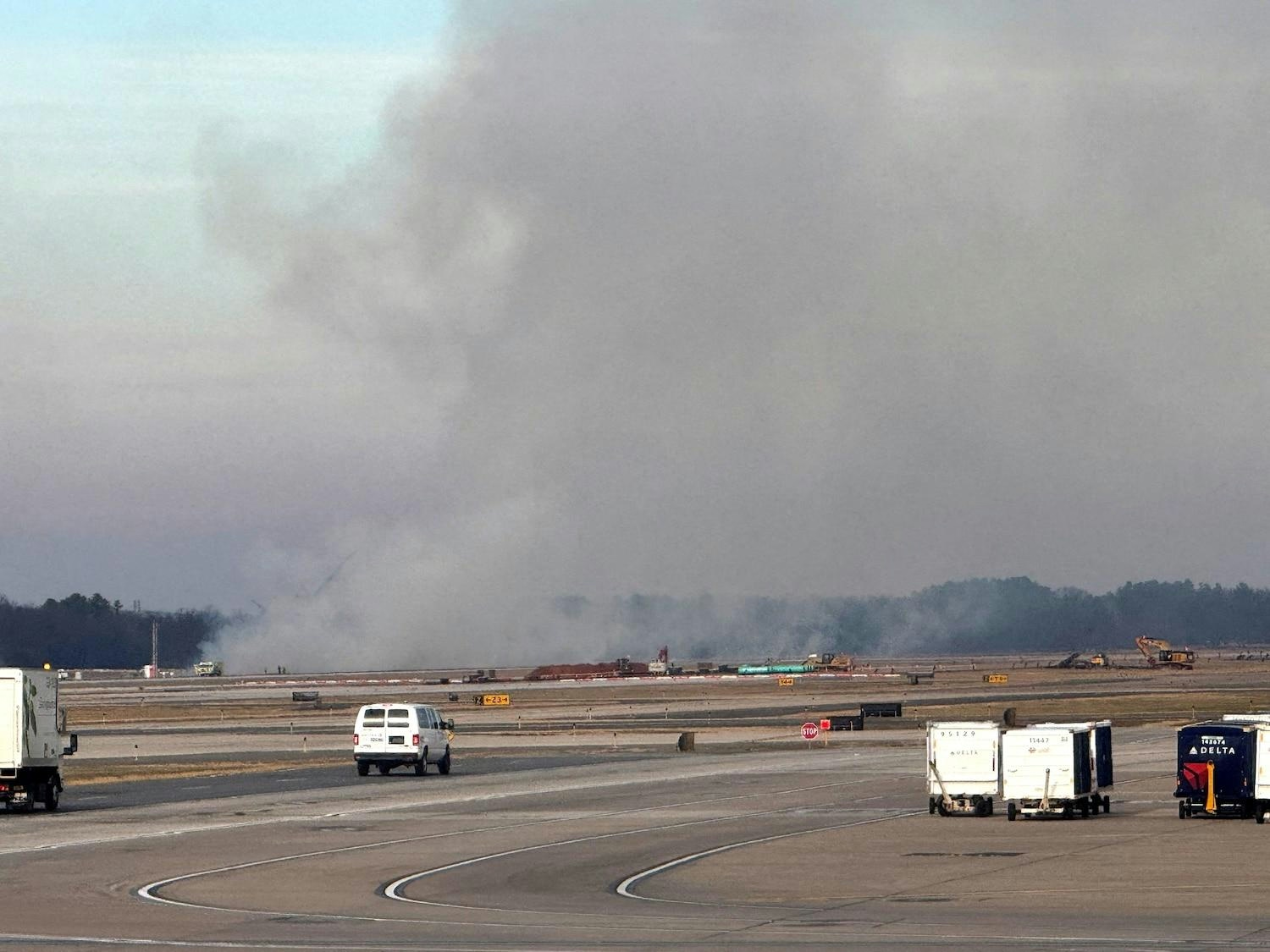
Delta Flight to Atlanta Suffers Engine Trouble, Sparks Grass Fire at Airport

PH Aerospace and MRO Exports Reach $603 Million, Says DTI
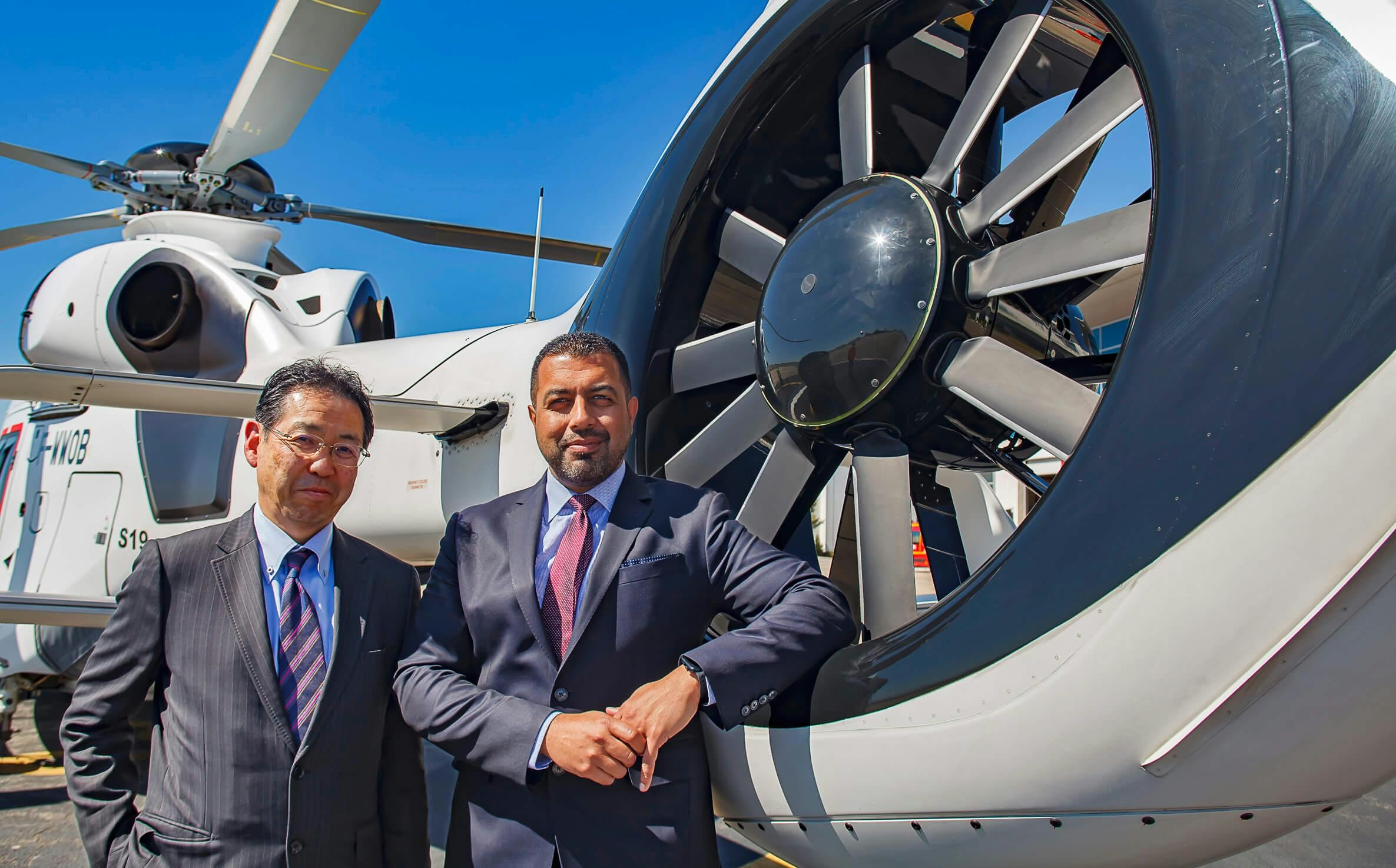
Dubai Aviation Nears Acquisition of Macquarie Aircraft Leasing Unit
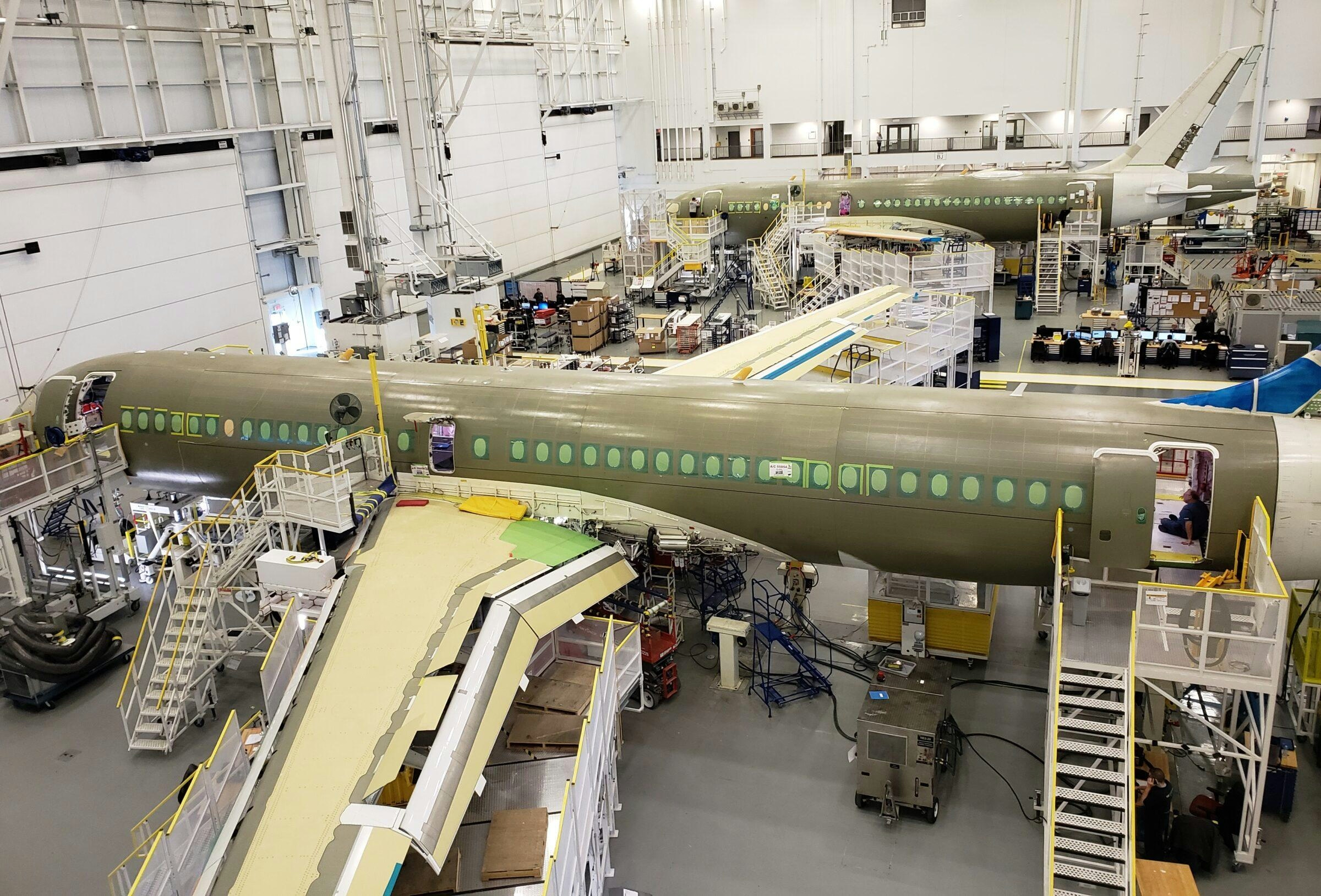
Airbus: Latest Developments and the Future of Aviation
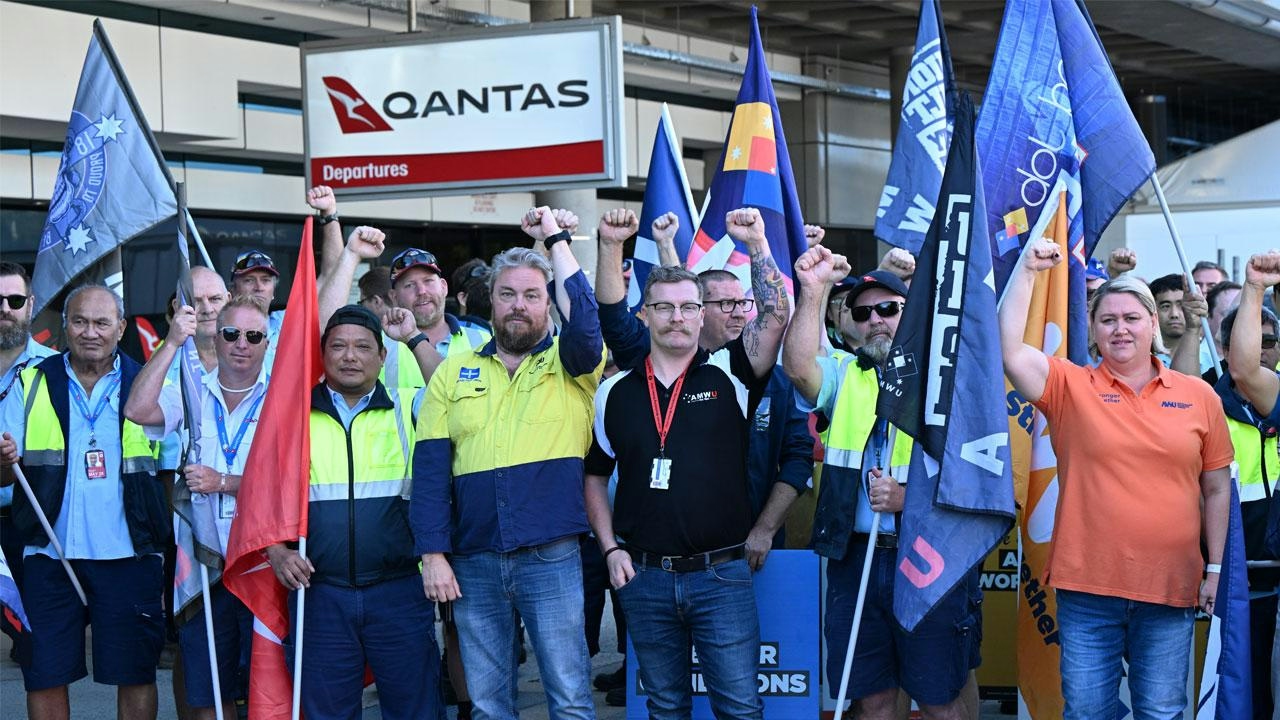
Qantas and Union Clash Over Job Security Amid AI Advances

What Is the Salary of Widebody Pilots?
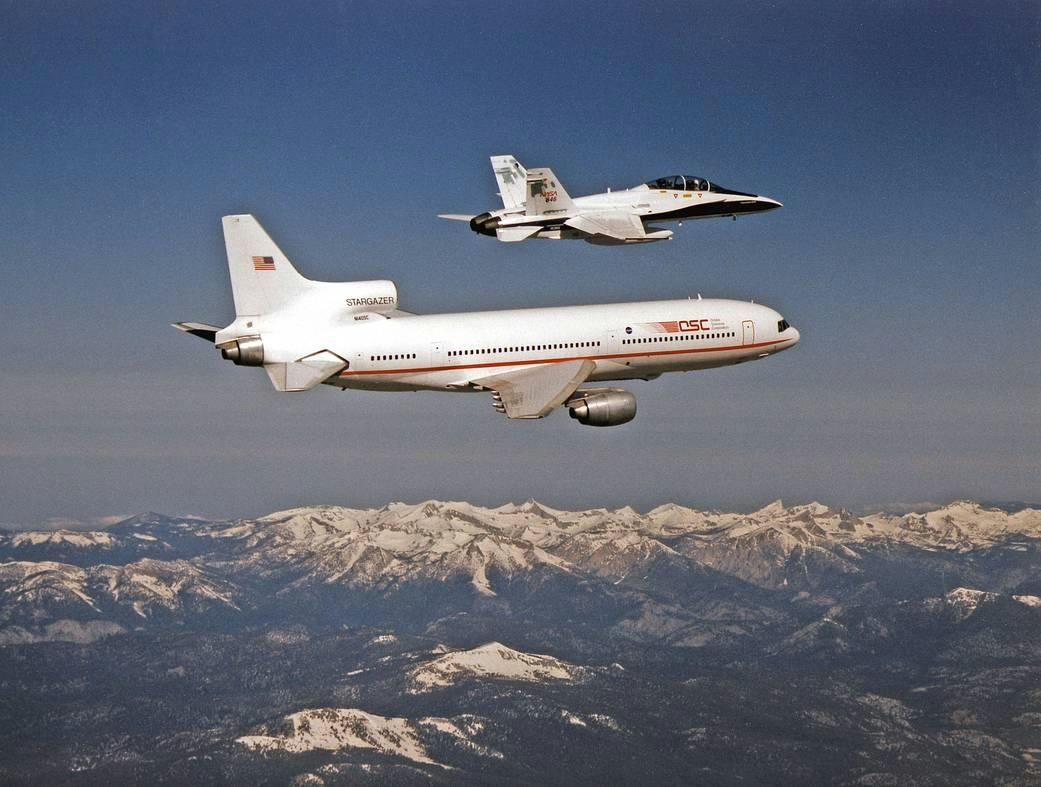
Challenges Faced by Lockheed in Designing the L-1011 TriStar
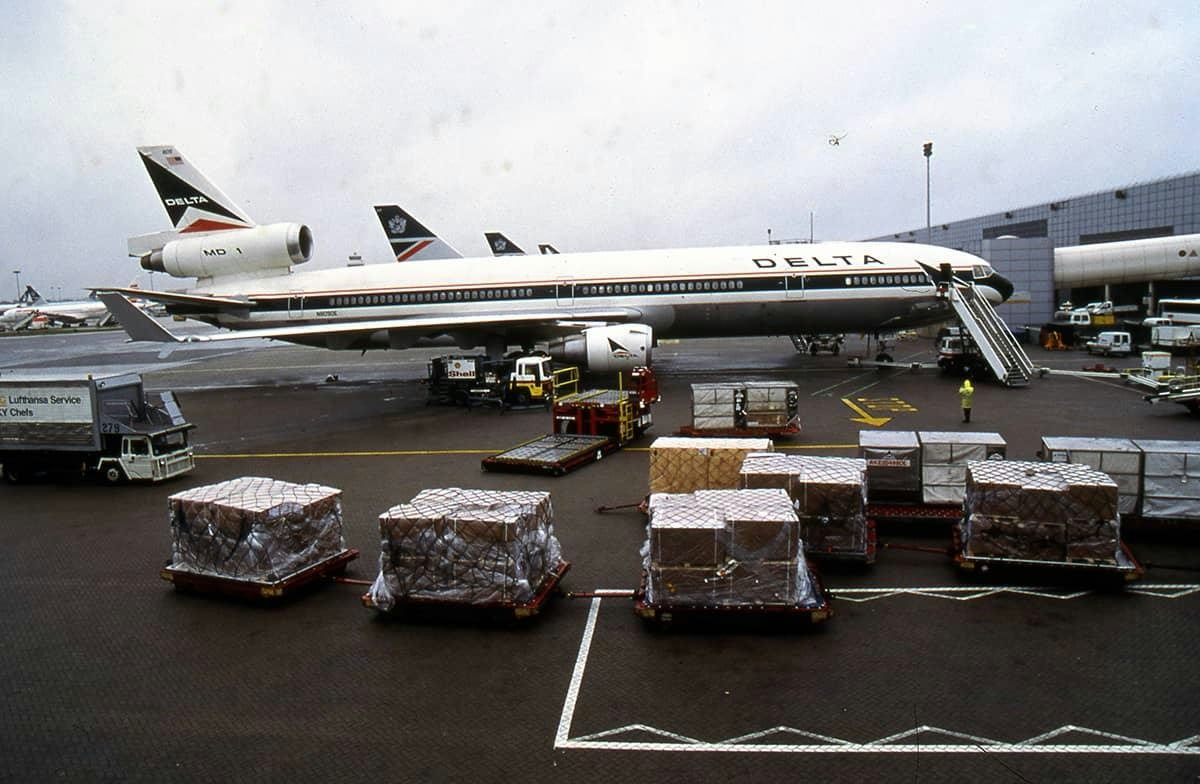
Seven Airlines That Previously Operated the McDonnell Douglas MD-11
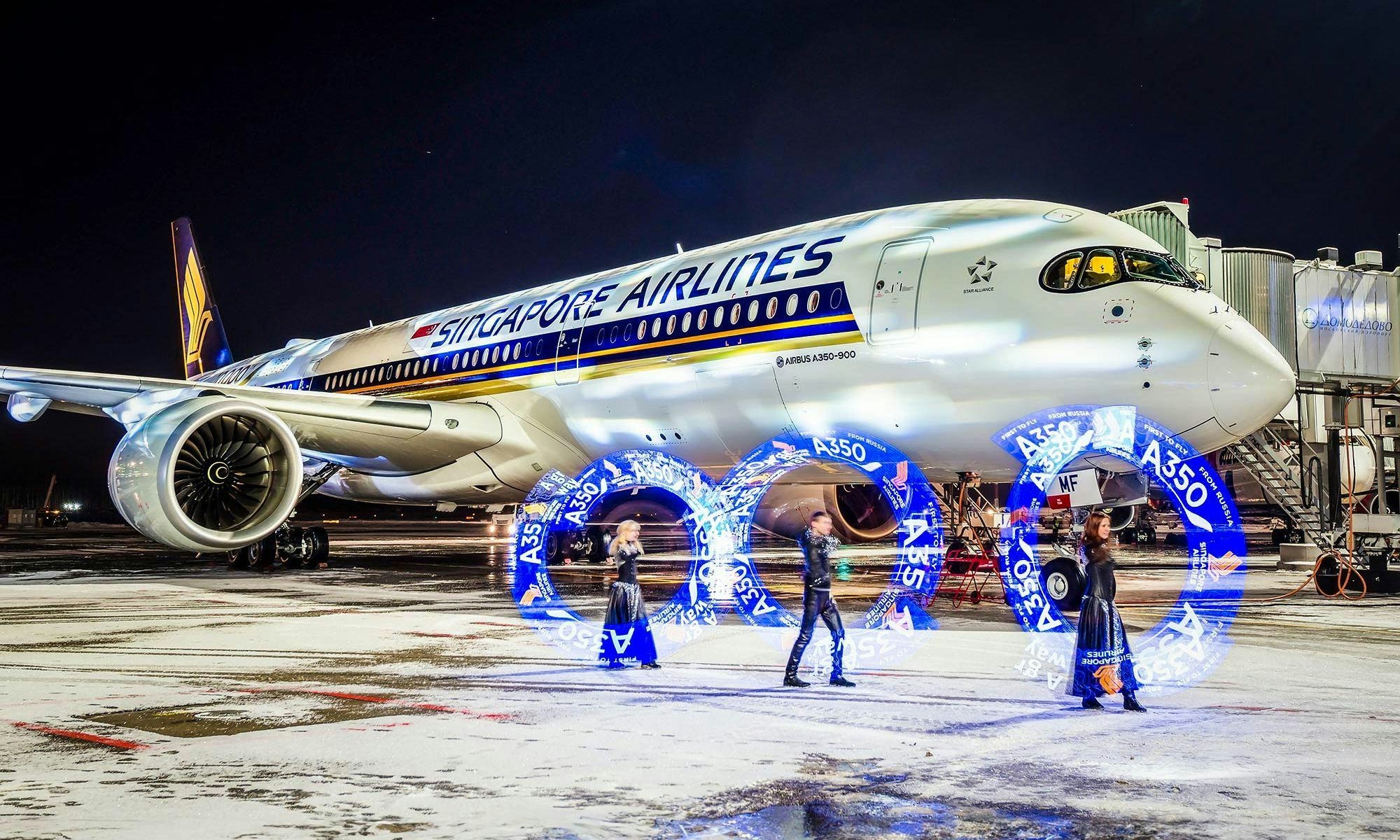
Factors Behind the Airbus A350’s Short Takeoff Distance

Archer Aviation Partners with NVIDIA to Advance Aviation AI Technology
